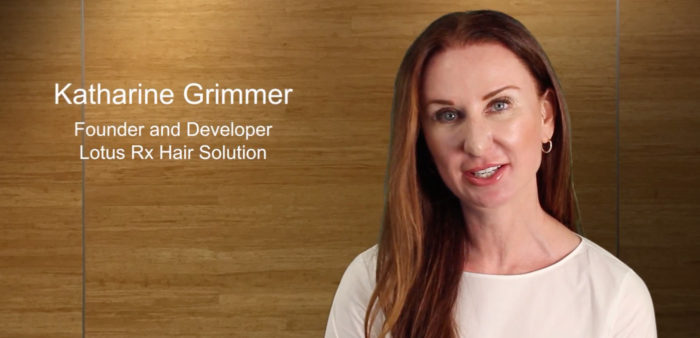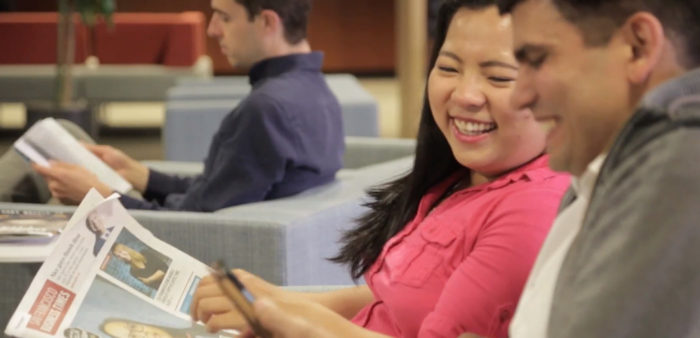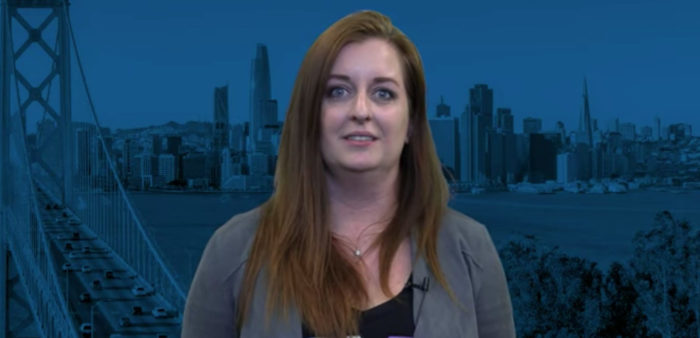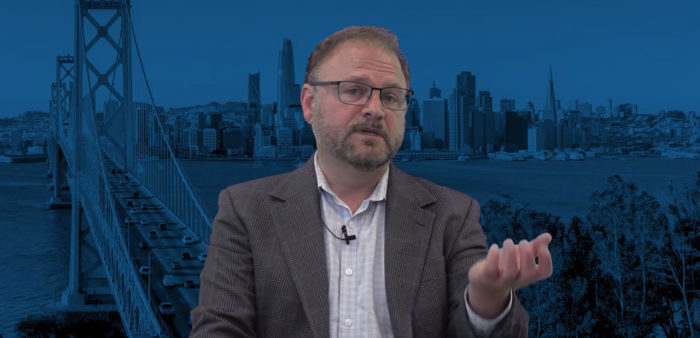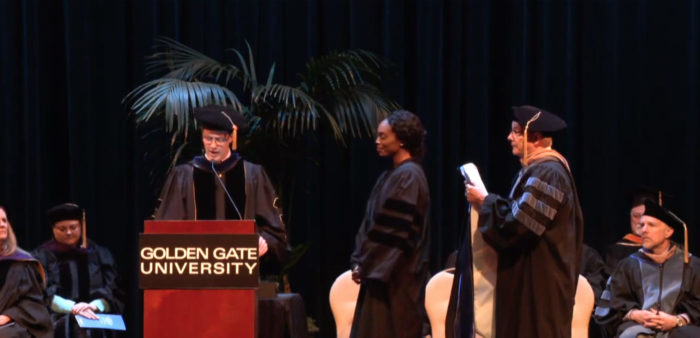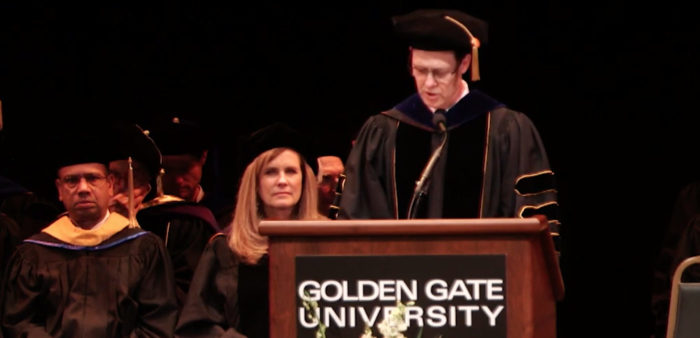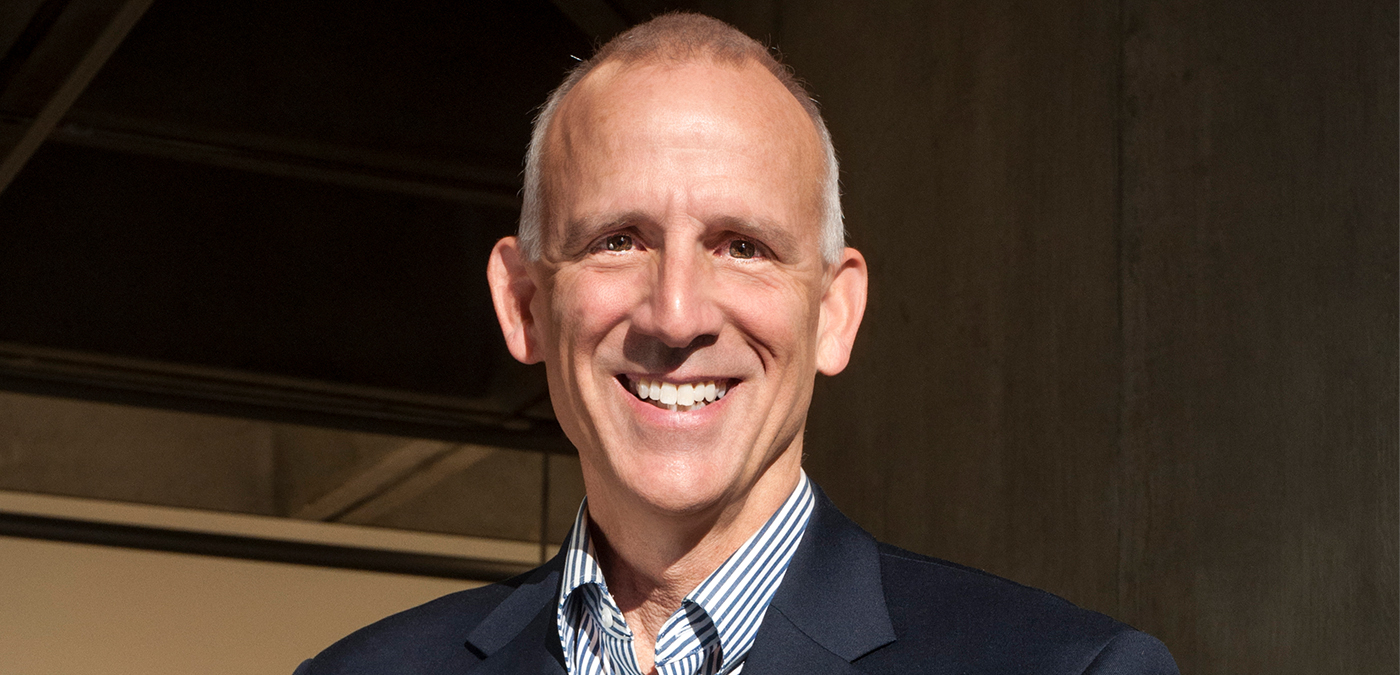
Empowering Others Drives Management Professor
Associate Professor and Management Chair Jeff Yergler believes that effective leadership starts with creating environments where employees feel engaged and esteemed.
When Jeff Yergler earned his master’s and doctorate degrees in theology, he might not have imagined that his career path would lead him to GGU where today he serves as associate professor and chair of the Management department for the School of Undergraduate Studies. But, in fact, the work he does at GGU perfectly aligns with what has always inspired him.
“I’ve always been driven to support and encourage people to develop and help others feel esteemed and valued. That was always important to me. As an undergraduate student, I wanted to craft a career where I would be responding to key existential questions. How can I help, support, and encourage others? That’s where I wanted to be.”
Sectarian Nonprofit Leadership
Before Jeff arrived at GGU, he spent 22 years working with religious organizations like Presbyterian churches as a leader, helping them expand parishes to become more effective at working with families, communities, and global entities. Working with these organizations that were trying to heal communities and promote inclusion and justice, he discovered that the organizations themselves were oftentimes dysfunctional and poorly managed.
“Everywhere I looked, I saw leadership that was broken,” said Jeff. “I realized that organizations can’t support the human beings they are trying to empower if the organizations are poorly managed.”
Organizational Leadership
Jeff earned a PhD in Organizational Leadership from Gonzaga University in effort to continue to serve the people and communities he wanted to support. Halfway through his PhD, he accepted a faculty position with Olympic College in their Organizational Leadership and Human Resources degree program, and in 2011 he transitioned to GGU.
“Academics allowed me to explore what is driving organizational dysfunction,” explained Jeff. “As I dove into those topics, I discovered that within organizations, people need to feel valued in order to perform at their highest level. I realized that academics and research are what I want to do. I explored questions like: What factors contribute to underperforming organizations? How do we train managers to promote employee engagement? How come employees feel demeaned and disengaged?”
Organizational Leadership and Human Skills Development
Today, Jeffrey is delighted to be a faculty member in the School of Undergraduate Studies at GGU. He designed the Organizational Leadership and Human Skills Development (OLHSD) degree and developed 9 core courses that address employers’ need for leaders who know how to manage teams, resolve conflict, and build employee engagement. Written publications from Forbes to the San Francisco Business Times and beyond speak to the need for employees who can lead high-performance teams, listen to peers, and solve problems creatively.
“Our organizational leadership courses help people lead effectively regardless of their position in their organization,” said Jeffrey. “These highly practical courses train students to influence organizations and build momentum. Our students are learning the importance of communicating value and dignity to employees, and how to ensure that team members’ work has purpose and makes a difference in terms of the overall organizational effort. This loops in perfectly with what I’ve always wanted to do.”
In line with GGU’s commitment to practical education, these organizational leadership courses provide some theory and groundwork, but place heavy emphasis on the application of new skills in a variety of business settings. This approach makes a difference to students like Atticus, a veteran student in the OLHS degree program.
“When I decided on GGU,” said Atticus, “I was primarily interested in the soft skills side of management. Having worked in corporate settings and been on the ground floor of a start-up, I realized that the side of business that’s lacking is interpersonal relationships, leadership, and teamwork. I like OLHS because it’s a fresh field in touch with trending deficiencies that’s dynamic in content but practical in approach.

